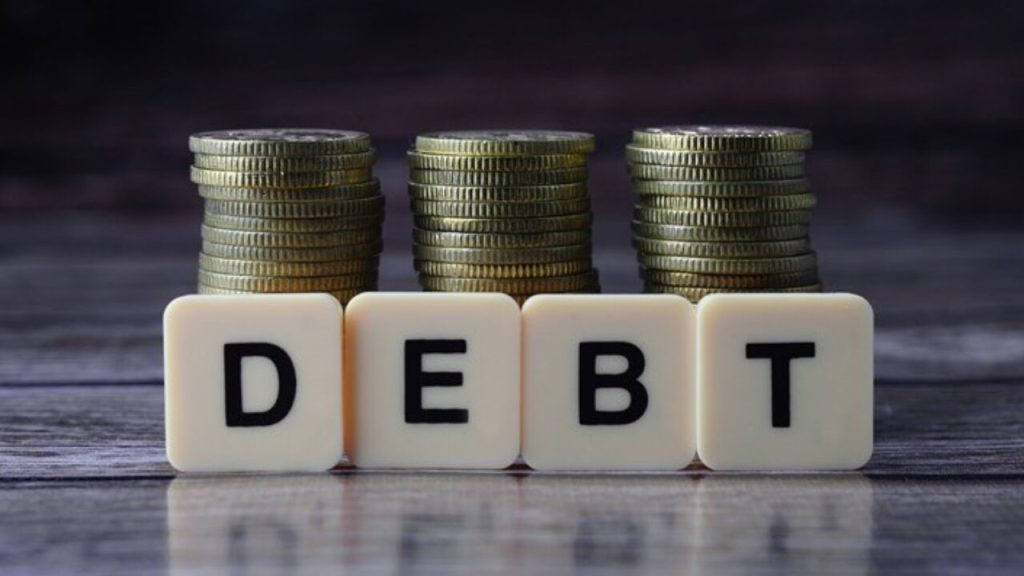Nigeria’s external debt is projected to rise to $45.1 billion by the end of 2024 as the Nigerian Government moves forward with plans to secure additional external financing.
According to the latest report by the Debt Management Office (DMO), the country’s external debt stock increased by $780 million in the second quarter of 2024, growing from $42.12 billion in March to $42.9 billion as of June 2024.
In a new development, the Federal Executive Council (FEC) approved a $2.2 billion external borrowing plan last Thursday as part of the Federal Government’s 2024 Appropriation Act financing program.

The Minister of Finance, Wale Edun, announced this after the FEC meeting at the Aso Rock Villa in Abuja. The borrowing plan includes a mix of financial instruments: $1.7 billion from Eurobonds and $500 million from Sukuk offerings.
Edun stated that the allocation between these instruments would depend on market conditions and recommendations from transaction advisors, pending approval by the National Assembly.
“The actual makeup of the financing will be determined once the National Assembly gives its approval. Market conditions at the time will guide the choice between Eurobond and Sukuk instruments,” he explained.
Impact of Naira Devaluation
The DMO also highlighted the impact of naira devaluation on Nigeria’s debt profile. While external debt in dollar terms increased marginally by 1.87% between March and June 2024, its naira valuation surged by 12.59% during the same period due to the weakening of the naira.
On March 31, 2024, the external debt was valued at $42.12 billion or N56.02 trillion, at an exchange rate of N1,330.26/$1. By June 30, 2024, the debt rose to $42.90 billion, but its naira equivalent jumped to N63.07 trillion, reflecting an exchange rate of N1,470.19/$1.
This highlights the exchange rate’s critical role in determining Nigeria’s debt sustainability, as naira depreciation significantly amplifies the local currency burden of external obligations.
Broader Economic Plan
Edun justified the borrowing, stating it aligns with the government’s economic recovery strategy aimed at stabilizing macroeconomic conditions, reforming foreign exchange and petroleum product pricing, and boosting local production.
He pointed out that earlier in the year, Nigeria’s successful domestic issuance of dollar bonds demonstrated the growing confidence of local and international investors in the government’s economic reform agenda.
Rising Debt Servicing Costs
Data from the Central Bank of Nigeria revealed that the Federal Government spent $3.58 billion on foreign debt servicing in the first nine months of 2024, a 39.77% increase compared to $2.56 billion in the same period of 2023.
This sharp rise in debt servicing costs underscores the mounting fiscal pressure amid Nigeria’s ongoing economic challenges. The government’s external financing initiative aims to mitigate these challenges and bolster the nation’s fiscal stability.


